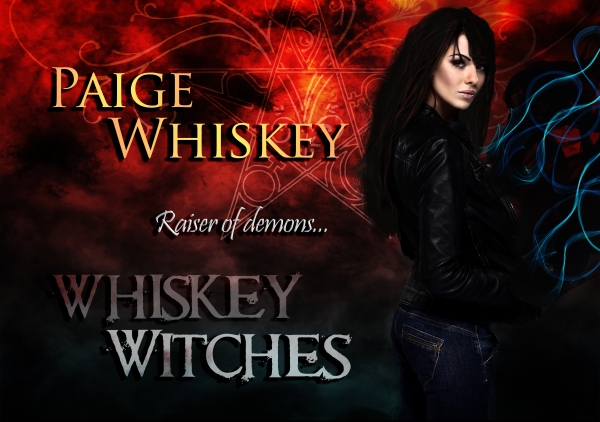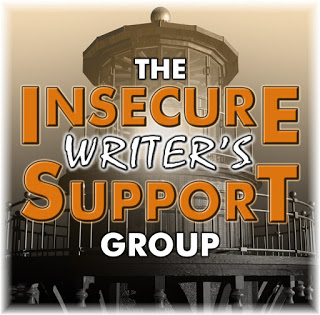Several of my writer friends have asked for an article on how to write deep third person POV, or point of view. There are already several great articles on how to write it, when to use it, the benefits of using it, and grammar usage in this POV. If you missed them, here’s a few:
The Editor’s Blog – What Is Deep Third Person POV
She Novel – How to Write Deep Third Person POV
Helping Writers Become Authors – Everything You Need to Know About Third Person POV
There isn’t a whole lot that I can really add that they haven’t already gone over. But here are a few highlights that I’ve discovered when authors think they’ve written in deep 3rd but haven’t.

Voice
Deep 3rd has a lot in common with 1st person. As a matter of fact, I’ve had more than one editor tell me that I’m writing in 1st person…even though I’m using “she” instead of “I”. It’s a very intimate narrative. You’re using your character’s Voice instead of your own. You’re using her words. Not yours.
This was something I really had to work on in Whispers of the Skyborne because I had to use multiple POV’s in order to tell the story and, in order to keep the narrative fast-paced, I decided to keep the POV’s deep. Here are a few examples of how I used Voice to do this: 
Chapter 1
Rain beat against the windowpanes of the cockpit of the Khayal Layal. Lightning flashed though the dark storm clouds metres in front of us. Boiling ocean waves surged below. Thunder rattled through the windowed dome, clattering the rows of controls. A metallic tang laced the air.
One of my crew let out a startled screech.
Three months ago, my family had died. My entire tribe. Thousands of people in a matter of moments. Their ships had fallen from the sky in burning pieces, hitting the ocean’s surface kilometres below.
Chapter 2
Oki, Synn’s older sister and the current leader of Ino City, stepped off the elevator platform onto the command floor. The turquoise tile gleamed under the light cascading from the undulating belly of Ino’s lethara. It’s jellyfish skin glowed with yellows and slight bursts of blues as it shifted high above her. His smell was thicker here, but instead of turning her belly as it did others, it imbued her with a sense of familiarity and reassurance.
She needed that. Three months ago, her harebrained brother had taken possession of the entire planet, tipping it on its side, shaking everything out. He’d replaced leadership. He’d taken down two reigning powers at the same time like a big, powerful, overbearing, air-infected, pea-brained boy.
Then, he’d disappeared, leaving the world he’d flipped on its head wondering what in the love of dirt they were going to do.
Different View Points of the Same Action
As you can see, there are two different sides to the same story here. Three months ago, something major happened, but they both saw it differently. That’s something very important to keep in mind, too, and something that trips up a lot of authors and readers. Two people are not going to see the same thing the same way.
Thoughts and Italics
I think this is probably the biggest issue for a lot of editors who are used to omniscient third POV, or third person limited. Typically, when a character thinks, their thoughts are in italics. The reason for that is because we’re not really in their head. We’re receiving their thoughts as if we were telepaths and their thoughts are entering our minds.
In deep 3rd that’s not the case. We’re inside their head, sharing their thoughts in the same manner as 1st person. In 1st person, the only time thoughts are italics are when the thoughts belong to another person.
For more on this, see the Editor’s Blog – How to Punctuate Character Thoughts.
Adding Depth and Deleting Tags
This is the biggest thing for me. Deep 3rd adds depth. It just does. The reason for that is because we’re experiencing everything the character does as she lives through it. We feel what she feels. We hear what she hears. We see what she sees. And we don’t have to have her tell us that she’s feeling, hearing, or seeing. See below for an example that I just wrote in Witches of the West. Keep in mind this is Draft Suck.
She laced her fingers through his and walked to the double glass doors leading to the balcony.
The cool morning breeze danced along her skin. The wooden floorboards sent knives of ice into the bottoms of her feet.
Now, had this been in third limited, here’s what it might look like.
She laced her fingers through his and walked to the double glass doors leading to the balcony.
After the door opened, she felt the cool morning breeze dance along her skin. As soon as her feet landed on the floorboards, knives of ice shot through the bottoms.
There are more directions in third person limited. You have to direct the reader through each of the movements.
But in deep 3rd, you’re experiencing what the character is as she experiences, you don’t need the direction. There’s more story. Less unnecessary tags. Your narrative is shinier and gleams easier.
These are the biggest points for me. I love writing in deep 3rd. It is, by far, my favorite POV to use.







